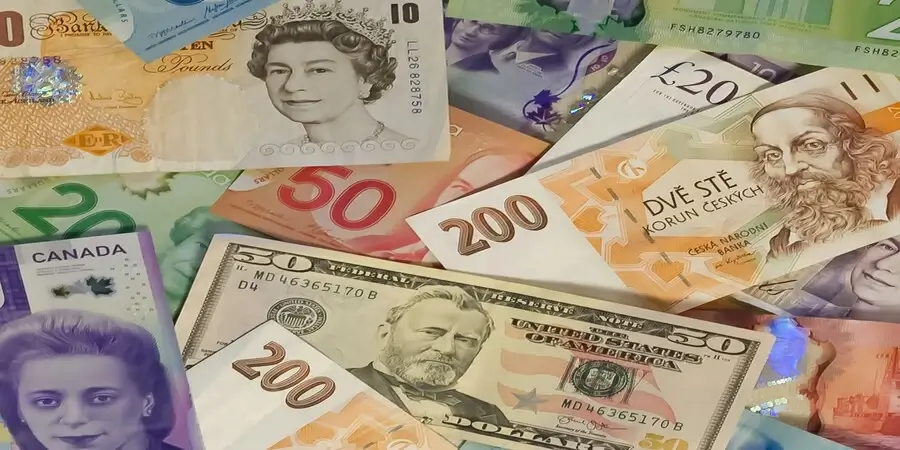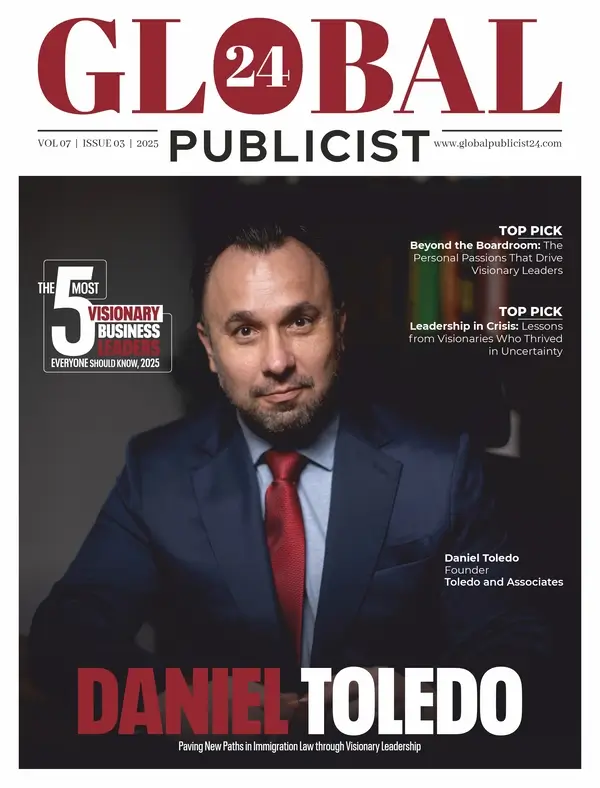The relative strength of a country’s currency can be an indicator of its economic health and global influence. Here’s a list of the 25 highest-valued currencies in relation to the US dollar:
Kuwaiti Dinar (KWD)
Bahraini Dinar (BHD)
Omani Rial (OMR)
Jordanian Dinar (JOD)
British Pound Sterling (GBP)
Cayman Islands Dollar (KYD)
Swiss Franc (CHF)
Euro (EUR)
US Dollar (USD)
Canadian Dollar (CAD)
Brunei Dollar (BND)
Singapore Dollar (SGD)
Australian Dollar (AUD)
New Zealand Dollar (NZD)
Libyan Dinar (LYD)
Gibraltar Pound (GIP)
Falkland Islands Pound (FKP)
Manx Pound (IMP)
Jersey Pound (JEP)
Guernsey Pound (GGP)
Azerbaijani Manat (AZN)
Aruba Florin (AWG)
Bermudian Dollar (BMD)
Palauan Dollar (PAB)
Bahamian Dollar (BSD)
It’s important to note that exchange rates fluctuate regularly, so the exact order may vary slightly over time. Additionally, a high-valued currency doesn’t necessarily indicate a stronger economy, as other factors such as inflation, economic policies, and global demand also play crucial roles.
Many of the top currencies are from oil-rich nations, small island economies, or major global financial centers. The presence of several pegged currencies (those fixed to the US dollar or other major currencies) also influences this list.
Understanding these currency valuations can be valuable for international trade, investment decisions, and global economic analysis. However, it’s crucial to consider other economic indicators alongside currency strength for a comprehensive view of a country’s economic health.
FAQ:
Q: What determines a currency’s value?
A: Currency value is influenced by factors such as economic stability, interest rates, inflation, political climate, and trade balances.
Q: Does a high-valued currency mean a strong economy?
A: Not necessarily. While it can be an indicator, other factors like GDP, employment rates, and economic policies are also important.
Q: Why are many top currencies from small countries?
A: Some small countries, especially those with significant oil wealth or financial sectors, maintain high currency values through economic policies.
Q: What is a pegged currency?
A: A pegged currency is fixed to another currency (often the US dollar) or a basket of currencies to maintain stability.
Q: How often does this list change?
A: Currency values fluctuate daily, but major shifts in rankings are less frequent.
Q: Why is the US dollar not at the top of the list?
A: While the US dollar is a global reserve currency, its value is intentionally kept stable rather than maximized.
Q: What’s the significance of the Kuwaiti Dinar being the highest-valued currency?
A: Kuwait’s oil wealth and economic policies contribute to its currency’s high value.
Q: Are these currencies easily exchangeable worldwide?
A: Not all. Major currencies like the US dollar, euro, and pound are more widely accepted than some others on the list.
Q: How does currency value affect international trade?
A: A higher-valued currency can make exports more expensive and imports cheaper for that country.
Q: What is the role of central banks in currency valuation?
A: Central banks influence currency value through monetary policies, interest rates, and foreign exchange interventions.
Q:What is the highest valued currency in the world?
A:The Kuwaiti Dinar (KWD) is typically the highest valued currency in the world.
Q:Where are most of the highest valued currencies from?
A:Many are from oil-rich Middle Eastern countries, small island nations, and major financial centers.
Q:Who determines the value of these currencies?
A:Currency values are determined by a combination of market forces, economic policies set by central banks, and sometimes government interventions.
Q:When do currency values typically change?
A:Currency values fluctuate constantly in the foreign exchange market, with major shifts often occurring due to significant economic or political events.
Q:Why is the Kuwaiti Dinar so valuable?
A:Kuwait’s significant oil wealth, stable economy, and conservative fiscal policies contribute to the high value of its currency.
Q:How is currency value measured?
A:Currency value is typically measured against other currencies, often using the US dollar as a benchmark.
Q:Which factors influence a currency’s value?
A:Economic indicators, political stability, interest rates, inflation, trade balances, and investor sentiment all play roles in determining currency value.
Q:What makes a currency “strong”?
A:A strong currency typically has high purchasing power, is stable, and is backed by a robust economy with low inflation.
Q:How do countries maintain high currency values?
A:Through sound economic policies, maintaining low inflation, attracting foreign investment, and sometimes pegging to stronger currencies.
Q:Which major global currencies are among the highest valued?
A:The British Pound Sterling, Swiss Franc, Euro, and US Dollar are typically among the highest valued major global currencies.
Q:Why aren’t currencies from large economies like China or Japan on the top of the list?
A:Some large economies maintain relatively lower currency values to boost their export competitiveness.















